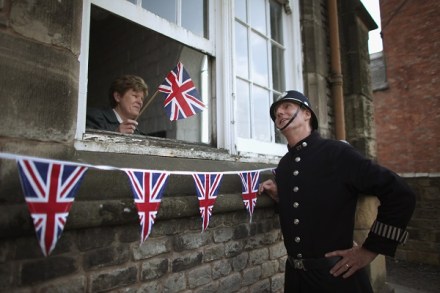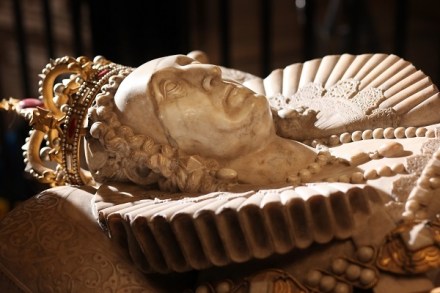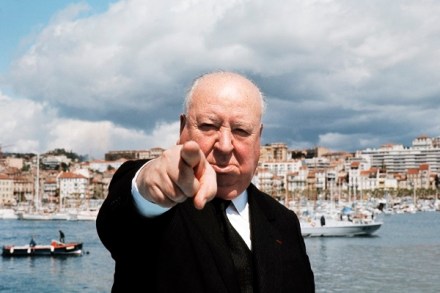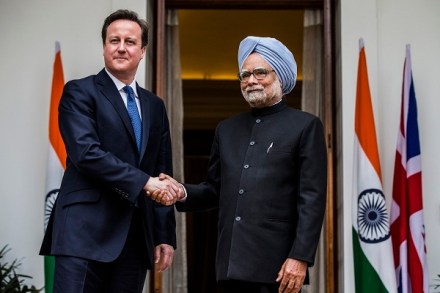Interview with a writer: Lars Iyer
People call Lars Iyer a ‘cult author,’ which is odd, because almost every paper to have reviewed him from here to Los Angeles has praised him endlessly. The ‘cult’ thing is probably down to people naturally associating innovative, serious and challenging art with the marginal. This no doubt plays up to Iyer’s own theories about























